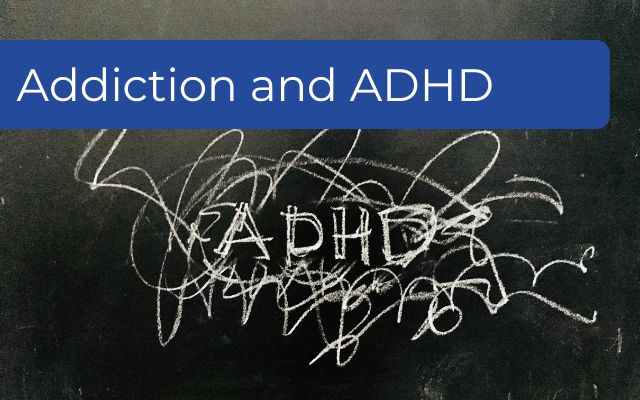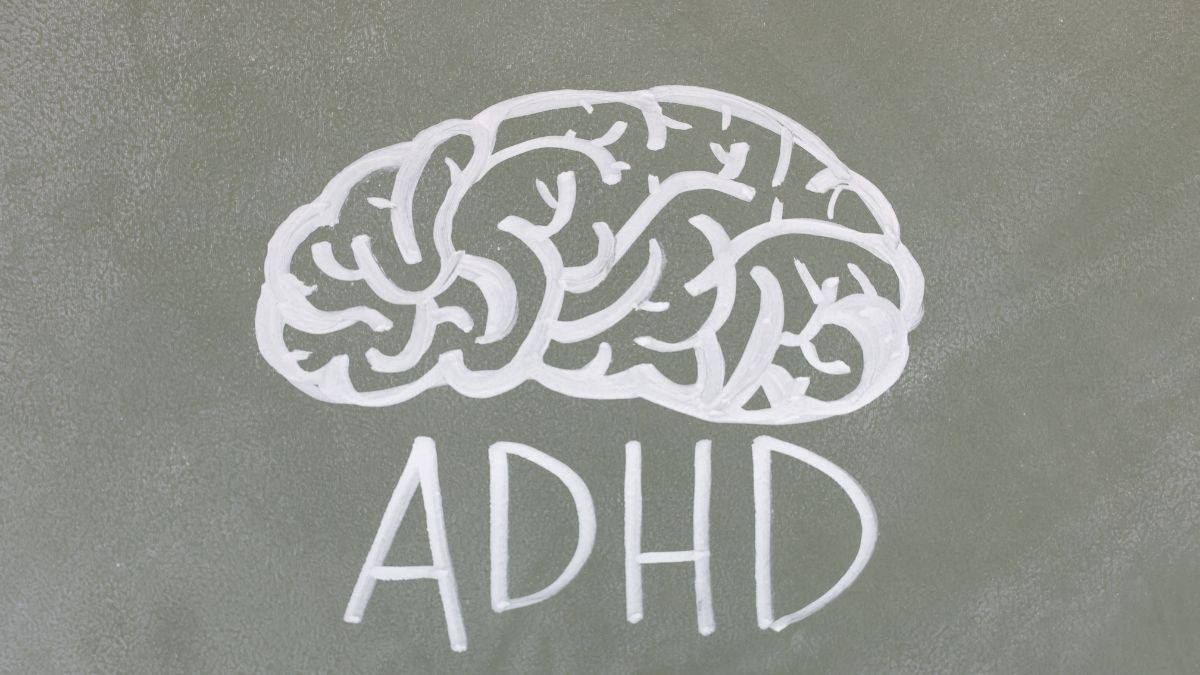
ADHD Raises Risk of Substance Dependence in Joburg
How can people in Joburg living with ADHD get effective help to prevent or treat coexisting substance dependence?
Living with ADHD can be challenging and battling an addiction at the same time is even more difficult. But this is a reality for many people: Up to 50% of people with ADHD have a substance use problem.
The two mental health issues need to be treated simultaneously in order for an addicted individual to have the best chances of staying sober in the long-term.
When addiction occurs alongside other mental illnesses, which happens often, it is termed dual diagnosis.
The link between mental illness and addiction goes both ways. About 50% of people with a severe mental illness are also affected by a substance problem. Moreover, roughly 37% of alcohol abusers and 53% of drug abusers have at least one other serious mental illness.
Although statistics for South Africa are not available, in the United States it is estimated that 69% of all the nation’s alcohol and 84% of all the cocaine used in that country is consumed by people who have been diagnosed with another mental illness in their lifetime.

What is ADHD?
Attention-Deficit/Hyperactivity Disorder (ADHD) is the most common psychiatric disorder in children and symptoms persist into adulthood in 30 – 80% of cases.
The hallmarks of ADHD are inattention, hyperactivity and impulsive behaviour. Children with ADHD have also been found to have difficulties with self-esteem, relationships and academic performance.
Symptoms usually start before the age of 12. These symptoms usually lessen in severity with age, but not always.
People with adult ADHD sometimes were not diagnosed with the condition when they were children. It is also more difficult to diagnose ADHD in adults as the symptoms may not be as clear as in children.
Symptoms include:
- Impulsivity
- Disorganisation and problems prioritising
- Poor time management
- Problems focusing on tasks
- Difficulties with multitasking
- Excessive activity or restlessness
- Poor planning skills
- Mood swings
- Difficulties completing tasks
- Short temper
- Trouble coping with stress
Many people experience some of these symptoms during the course of their life and do not have ADHD. In those with ADHD these symptoms are frequent, persistent and cause problems in more than one area of a person’s life. In ADHD diagnosed in adults, these symptoms can be tracked back to childhood.

What is the link between addiction and ADHD?
The link between ADHD and addiction is strong and complicated. Up to half of adults with ADHD also have a drug or alcohol problem, according to a German study. The most common drug abused by people with ADHD in this study was marijuana. It was also found that those with ADHD started abusing substances significantly earlier in life than addicts or alcoholics without ADHD.
Roughly 15 – 25% of people with substance dependency also meet the diagnostic criteria for ADHD.
Children and teens are also more likely to use drugs, drink and become dependent on substances than those without the condition.
Addiction tends to make ADHD symptoms worse and vice versa.
But why does ADHD predispose children to substance abuse? No-one knows with complete certainty but there are a number of theories. Firstly, it is thought that poor judgement, impulsiveness and academic difficulties can lead to a person starting to use drugs or alcohol. Secondly, some research points to a genetic link between ADHD and the vulnerabilities to developing an addiction. Lastly, individuals with untreated or under-treated ADHD may turn to substances in an effort to self-medicate.
According to a recent study, those with ADHD who also have a history of depression or anxiety are even more vulnerable to developing an addiction when compared to people with ADHD alone.
Research suggests that the risk of addiction is lower in those who received treatment early on in their lives, specifically treatment with ADHD medications. There is no research that proves that the use of ADHD medication in people with the condition increases the risk for developing an addiction.

Treating addiction and ADHD
ADHD is treated with a combination of medication and behavioural interventions.
Untreated ADHD can increase the likelihood of relapse in people with an addiction. For example, a study on criminal offenders with both ADHD and a substance problem, those treated with methylphenidate had lower rates of relapse than those whose ADHD was untreated.
Methylphenidate is a stimulant medicine used for ADHD and is the active ingredient in drugs like Ritalin and Concerta.
It is therefore important that both the addiction and ADHD are addressed in rehabilitative treatment.
But ADHD medication is often seen as controversial in the addiction and recovery space because it is often misused and abused by people and can be addictive when used in these ways.
It is important to note that people with ADHD experience the effects of stimulant medicines differently from those without the condition. Those without ADHD are more likely to feel ‘high’ when using drugs like methylphenidate.
Stimulant medicines are the ‘first-line’ treatment for ADHD and can be prescribed to addicts in a controlled and monitored manner.
There are also non-stimulant drugs like atomoxetine which works for some people with ADHD and can be trialled in addicts with a history of abusing stimulant medication. A study found that atomoxetine reduced alcohol cravings and heavy drinking in those with an alcohol problem.
The problem is also made more complex because symptoms of addiction can overlap with those of ADHD including:
- Problems with attention
- Difficulty completing tasks
- Disorganisation
- Trouble sleeping
- Poor appetite
- Reluctance to socialise
- Loss of interest in work or school
This is why addiction treatment centres should use an experienced psychiatrist to evaluate patients who will be able to differentiate between those with ADHD and those with short-term symptoms that mimic ADHD.

Are you looking for a treatment centre experienced in treating dual diagnosis clients? Contact us today.
Do you want to learn more about dual diagnosis? Read:
- Dual diagnosis: Bipolar disorder
- Dual diagnosis: Depression
- Dual diagnosis: Anxiety
- Dual diagnosis: Personality disorders
- Dual diagnosis: PTSD
People with ADHD in Joburg face higher risk of addiction than others and need tailored local treatment and prevention to improve recovery outcomes today. Changes team counsellors are here to help you.Addiction And ADHD Link Reveals Treatment Needs In Joburg








